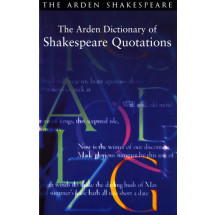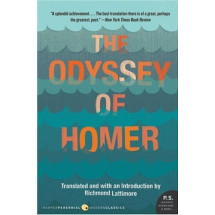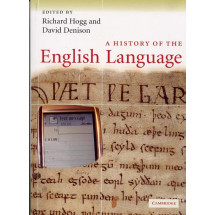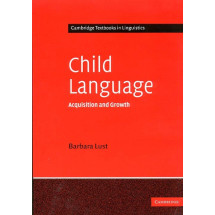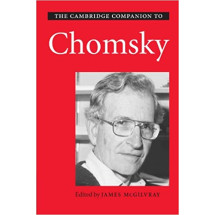English novelist, historian and science writer Herbert George Wells (1866-1946) abandoned teaching and launched his literary career with a series of highly successful science-fiction novels. The Time Machine was the first of a number of these imaginative literary inventions. First published in 1895, the novel follows the adventures of a hypothetical Time Traveller who journeys into the future to find that humanity has evolved into two races: the peaceful Eloi--vegetarians who tire easily--and the carnivorous, predatory Morlocks.
After narrowly escaping from the Morlocks, the Time Traveller undertakes another journey even further into the future where he finds the earth growing bitterly cold as the heat and energy of the sun wane. Horrified, he returns to the present, but soon departs again on his final journey.
While the novel is underpinned with both Darwinian and Marxist theory and offers fascinating food for thought about the world of the future, it also succeeds as an exciting blend of adventure and pseudo-scientific romance. Sure to delight lovers of the fantastic and bizarre, The Time Machine is a book that belongs on the shelf of every science-fiction fan.
Classic science-fiction novel recounts the adventures of a hypothetical Time-Traveler who journeys into the future.
H.G. Wells was born in Bromley, Kent in 1866. After working as a draper's apprentice and pupil-teacher, he won a scholarship to the Normal School of Science in 1884, studying under T. H. Huxley. He was awarded a first-class honours degree in biology and resumed teaching but had to retire after a kick from an ill-natured pupil afflicted his kidneys. He worked in poverty in London as a crammer while experimenting in journalism and stories. It was with THE TIME MACHINE (1895) that he had his real breakthrough. --This text refers to an out of print or unavailable edition of this title.



